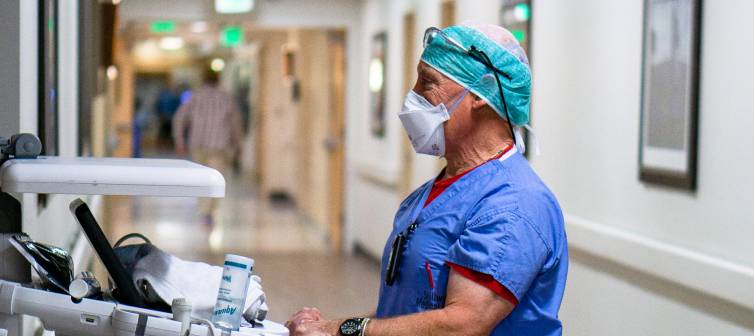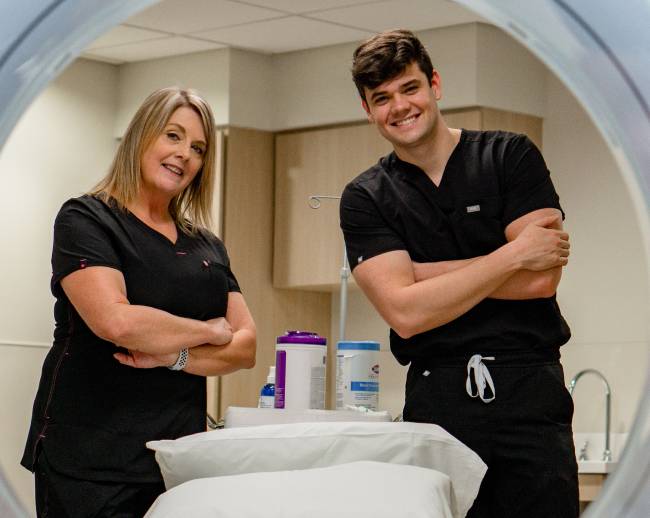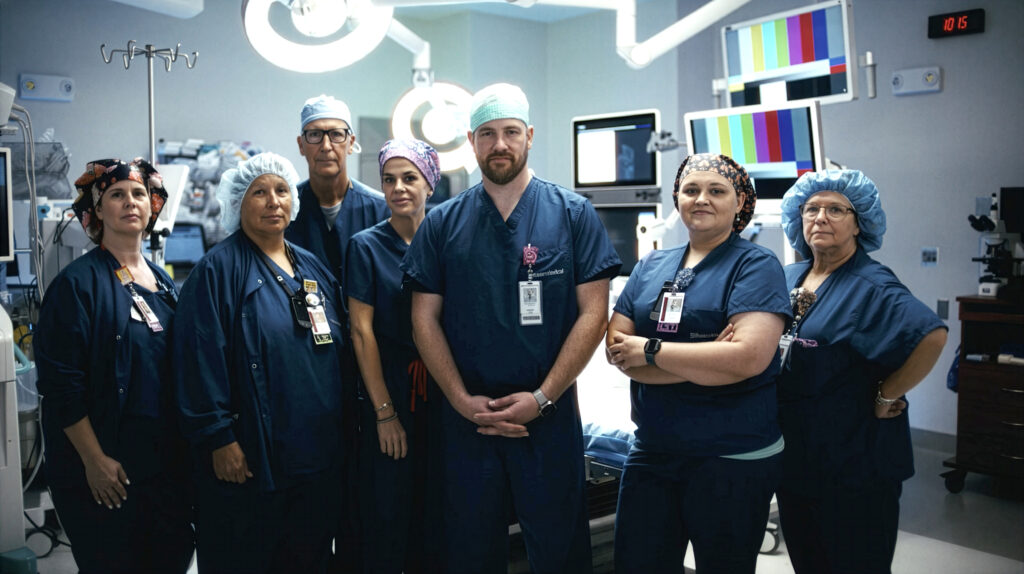
November marks National Diabetes Awareness Month, an opportunity to increase education about diabetes, a chronic condition impacting millions worldwide. With cases rising, it’s important to understand the disease and preventative measures you can take.
Diabetes is a condition where the body either cannot produce enough insulin or cannot use insulin effectively, leading to high blood sugar levels. There are three main types: Type 1, an autoimmune condition often diagnosed in childhood; Type 2, which usually develops in adults due to lifestyle factors; and gestational diabetes, which occurs during pregnancy and may raise the risk of future Type 2 diabetes.
Over 38 million Americans have diabetes, with Type 2 diabetes making up 90-95% of cases, according to the Centers for Disease Control and Prevention (CDC). Undiagnosed or poorly managed diabetes can lead to severe complications, including heart disease, nerve damage, kidney disease and vision loss. Early detection is critical, and prevention is possible, particularly with Type 2 diabetes.
Robert “Mack” Morse, a retired superintendent living in Ponca City, was diagnosed with Type 2 diabetes nearly 25 years ago. He has first-hand experience managing the disease and said it’s a daily challenge.
“If you can avoid Type 2, do it,” Mack said. “I got caught without thinking about it and ignored it until it was too late.”
Mack is a life-long educator, who grew up between Ada and Holdenville, OK. He was a teacher and band director before becoming a principal and superintendent. He said his health started to decline as he spent more time behind his desk dealing with the daily challenges and stresses of administration. He had limited time to think about proper nutrition and exercise, and he began to gain weight.
After being diagnosed with Type 2 diabetes, he’s had ups and downs when it comes to managing his blood sugar, particularly when other significant health problems presented themselves. Mack was diagnosed with cirrhosis of the liver and underwent a liver transplant in August. In the weeks following the transplant, he and his wife, Mary, struggled to regain control of his blood sugar.
“The transplant team sent us home with insulin and recommendations, but we were clueless,” Mary said. “It wasn’t until we met with Stillwater Diabetes and Endocrinology that we could get a grasp on things.”
Lyndsey Rodabaugh, a physician’s assistant, and Debbie Moore, a nutritionist, at Stillwater Diabetes and Endocrinology, equipped Mack with the knowledge he needed to regain control of the disease.
“It’s a challenge every day to identify things that are transplant friendly, protein friendly and diabetes friendly. Having the tools we need to do that has made all the difference,” Mary said.
Studies show that maintaining a healthy weight, following a balanced diet, and engaging in regular physical activity significantly reduce the risk of developing Type 2 diabetes. Regular check-ups and screenings are essential, particularly for individuals with risk factors such as family history, obesity and an inactive lifestyle.
Diabetes can often go unnoticed, especially in the early stages, so it’s important to watch for key symptoms like frequent urination, increased thirst and fatigue. If you’re concerned, you’re at risk for developing Type 2 diabetes, talk to your primary care physician about regular blood sugar screenings.
“I’m working every day to get better and more mobile,” Mack said. “My goal is to chase my 19-month-old granddaughter around the yard. I want to be around to annoy her for a long time.”
Stillwater Diabetes and Endocrinology offers an array of treatment, as well as diabetes education and management. The clinic, located at 610 S. Walnut St. in Stillwater, just welcomed a new endocrinologist, Dr. Priya Krishnamurthy. Her unique approach combines clinical endocrinology and lifestyle medicine with a focus on the whole person. For more information or to schedule an appointment, visit www.stillwatermedical.com or call (405) 742-4936.







